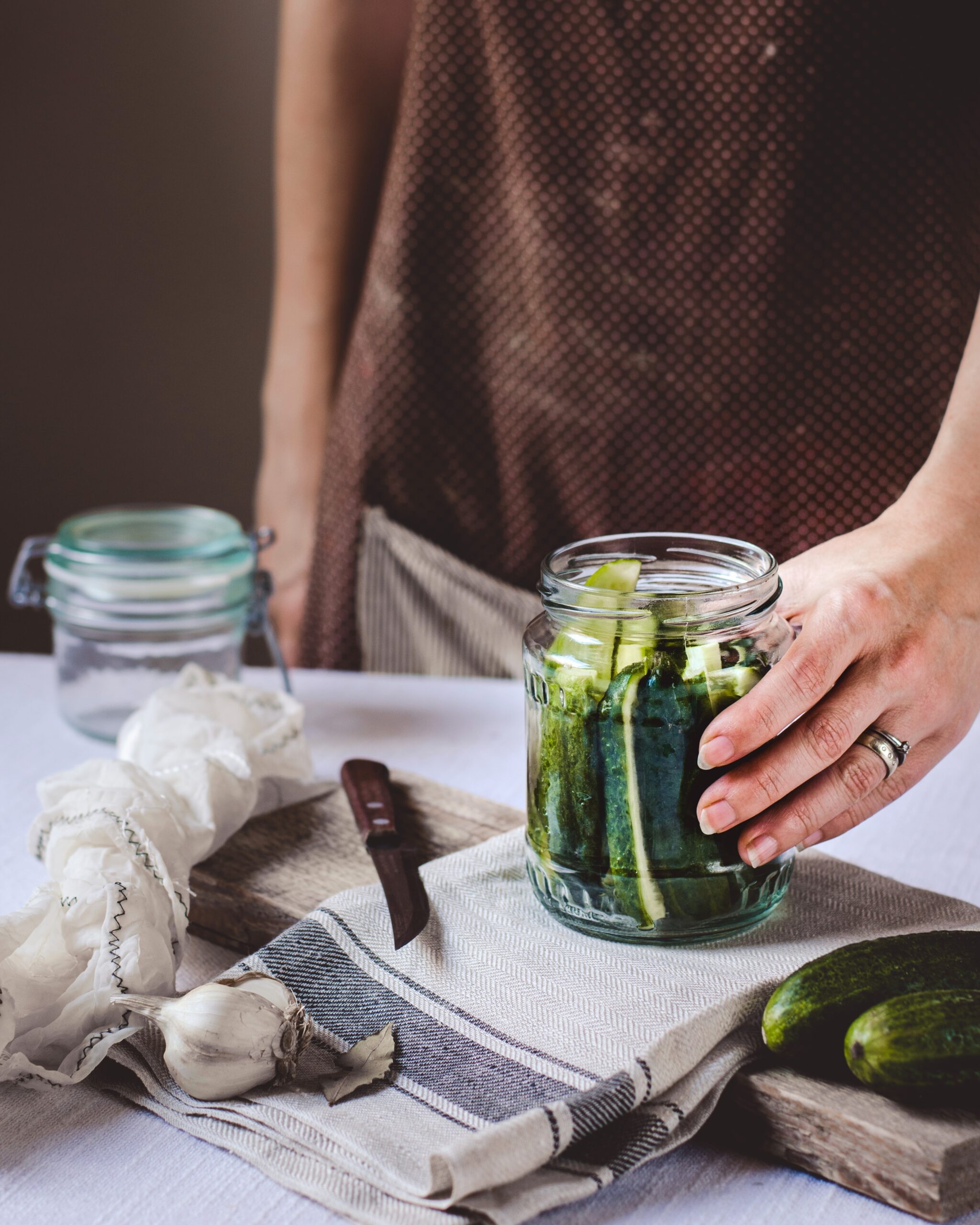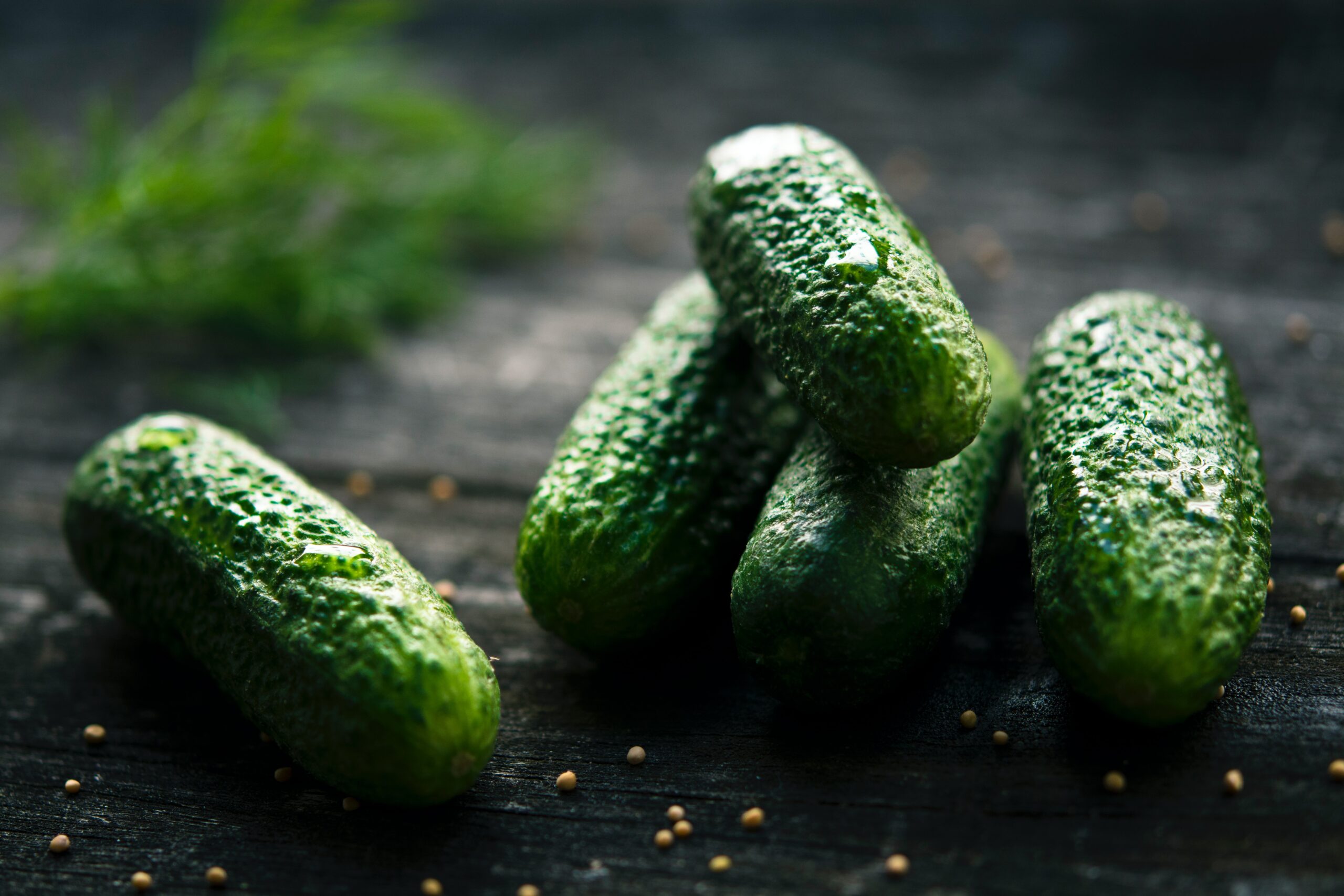Pickles are a delicious combination of salty, sweet and sour. Many people love them, but many also stay away from the snack because of concerns about sodium content and risks of stomach cancers.
Like any snack, pickles are fine in moderation. In fact, some would argue that despite the risks, pickles are healthy. Some people argue that pickles and pickle juice help with weight loss and diabetes and may even aid in cancer prevention, which seems somewhat paradoxical. What is the truth about pickled cucumbers?
Nutritional Information
The nutritional value of pickles varies greatly depending on the type and brand. That said, most pickles contain a high concentration of vitamins because the brine draws most of the vegetable water out, leaving behind the nutrients. For example, dill pickles can have up to 20% of the daily recommended amount of vitamin K for adults. They may also contain 6% of the daily values of calcium and potassium.
Despite the concentration of vitamins and minerals, pickles are swimming in salt. A single, large dill pickle can contain as much as 2/3 of an adult's recommended salt intake.
Sodium Content and Health
Too much salt is unhealthy. A salt-rich diet increases the risks of diabetes, kidney disease, heart disease, heart attack and stroke. Sodium may also weaken bones by leaching calcium, increasing the chances of breaks and fractures.
It is best to limit the number of pickles you eat daily. While you can still enjoy the occasional pickle, factor the sodium content into your meal plan so you don't go over the maximum recommended limit.

Fermentation Versus Vinegar
Fermented pickles may be somewhat healthier than pickles sold in a vinegar brine. Fermentation provides healthy bacteria or probiotics. The bacteria break down the natural sugar in the cucumbers creating the sour taste of pickles.
While vinegar is a product of fermentation, it may not contain the "mother culture" for good bacteria to flourish. Only raw and unpasteurized vinegar retains the necessary culture.
Most grocers carry pickles in a vinegar brine. For unpasteurized vinegar options or fermented pickles, you may need to visit a specialty store or a health food grocer.

Health Benefits of Pickles
Depending on the brand and type of pickles you eat, you may experience several potential health benefits. Fermented pickles, for example, may help with digestion because they contain probiotics, which are good for gut and digestive health.
Some people suggest cucumbers can help prevent several diseases and stroke risks. The claim indicates that high levels of beta-carotene — a powerful compound your body transforms into vitamin A — give cucumbers their anti-oxidant power.
Pickle juice may ease muscle cramps, according to some athletes. Despite the anecdotal evidence, there is limited research to support these claims.
Pickles are a delicious snack or meal complement, but they may not be the miracle health food some tout them to be. The sodium content alone is enough to make dieters and health enthusiasts pause. Still, in moderation, almost any food is OK. If you account for the negatives as well as the positives in a meal plan, you should be able to avoid the salt dangers of pickles. Before you decide to include pickles in your diet, talk to your doctor.
